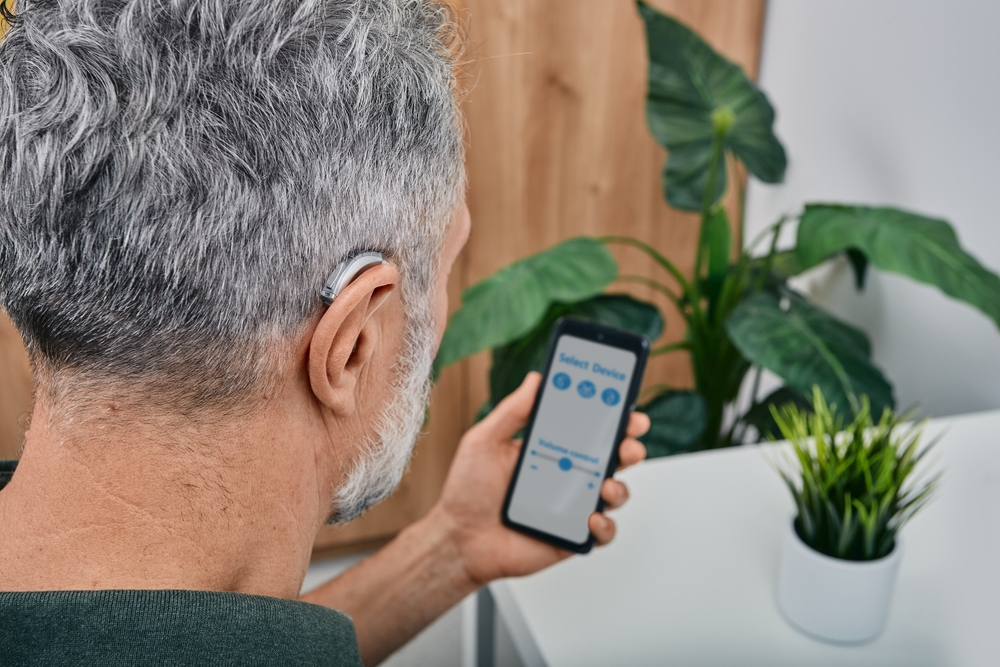
Socializing with family and friends and communicating with co-workers can be negatively influenced by even mild hearing loss, and this also includes everyday tasks like shopping. But transformative changes can be established by the use of properly tuned hearing aids.
Ten reasons why you should consider hearing aids
Even though enhancing hearing is the obvious and primary benefit of hearing aids, their positive effect goes far beyond that. Let’s explore the comprehensive advantages that using hearing aids can provide.
Stronger relationships due to better communication
Clear communication is the foundation of meaningful relationships. Relationships can be strained when hearing loss causes missed communication. Feelings of separation and frustration will be reduced and your ability to communicate with others will be enhanced by using hearing aids.
Being more independent
Untreated hearing loss leads to barriers in communication causing tasks like buying groceries to become difficult. Your ability to understand speech and hear in various settings will be empowered by hearing aids, allowing you to navigate these situations more independently. This newfound independence extends to activities like driving, where enhanced situational awareness results in safer experiences.
Possibility of making more money
Effective communication is key when you’re working in professional situations. Your job performance and career advancement can be diminished by neglected hearing loss which can affect how you participate in meetings and other work-related gatherings. You can boost your productivity, which can, in turn, lead to career opportunities, by using hearing aids to stay more alert and engaged.
Discomfort from tinnitus can be reduced
Hearing loss is commonly accompanied by tinnitus symptoms or ringing in the ears. Hearing aids can offer relief from tinnitus for some people by masking symptoms.
Mitigated cognitive decline
A connection between cognitive decline and dementia, and hearing loss has been indicated by the results of some research. By addressing hearing loss with hearing aids, you may reduce the risk of cognitive impairment and maintain better overall brain health.
The enjoyment of music
Hearing loss can distort the perception of music, making it less pleasurable. Hearing aids replenish the fullness and depth of musical sounds by compensating for frequency gaps, allowing you to rediscover the excitement of listening to your favorite songs.
Boosted confidence
Whether you’re in a social or professional situation, being able to hear better will give you more confidence. With improved communication abilities, you’ll feel more self-assured and competent, enhancing your overall quality of life.
Increased energy levels
Neglected hearing loss forces the brain to work overtime to fill in missing sound which can be mentally draining. With hearing aids, you won’t feel so fatigued and will be able to take part in all of those activities that you enjoy.
Increased safety and awareness
Awareness of one’s environment is crucial for safety, whether it’s crossing the road or driving a car. Hearing aids restore environmental sounds, including approaching vehicles or alarms, ensuring that you can respond appropriately and safely.
Establishing an example that is positive
You will set a positive example for others dealing with hearing loss by embracing hearing aids and displaying an approach to health and well-being that is positive. It exhibits a commitment to personal growth and improvement, inspiring those around you.
Schedule a hearing exam today
While the main benefit of hearing aids is to boost auditory perception, the ripple effects on various aspects of life are powerful. Whether it’s cultivating better relationships, maximizing independence, or protecting cognitive health, the decision to wear hearing aids is a step towards a more fulfilling and engaged life.
Schedule an appointment for a hearing exam today and take the initial steps to hearing better.